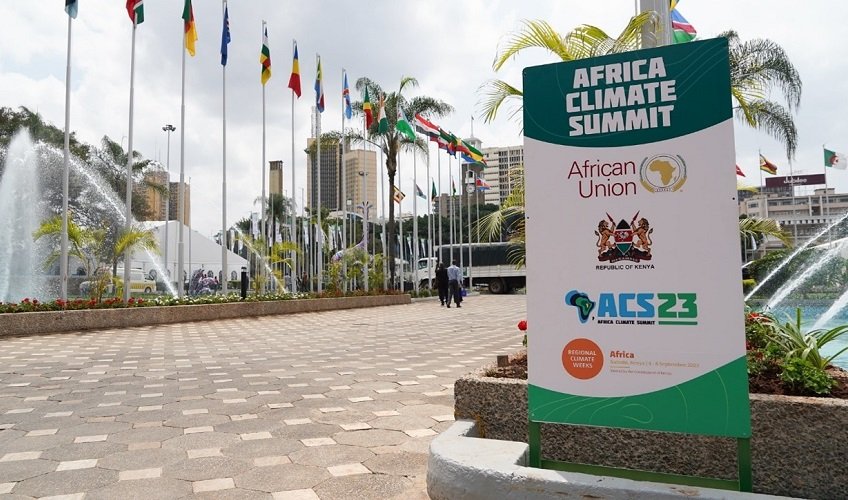Kenya’s High Commissioner to Nigeria, Mr. Isaac Parashina, has revealed that Africa needs at least $250 billion in funding to meet its climate change goals, warning that the continent’s financial support remains alarmingly insufficient.
Speaking at the Climate Change Forum in Abuja on Thursday, Parashina said Africa is at a critical point where bold financial commitments are needed to match its ambitious climate objectives. “We must continue to push for fair access to global climate finance to enhance domestic resource mobilization and accountability, ensuring that every investment yields measurable results,” he stated.
The envoy stressed that the challenges hindering Africa’s climate transition extend beyond funding. “The gaps are not just financial,” he said. “They also include institutional, technological, and managerial weaknesses that limit the continent’s ability to respond effectively to climate threats.”
According to Parashina, Kenya is working to align national budgets with climate priorities, strengthen local capacity, and ensure that global climate finance becomes accessible, predictable, and transparently utilized. He noted that Africa’s response to climate change must be a collective effort, emphasizing that “no single country can tackle this challenge alone.”
Read Also:
NSE seeks global collaboration on engineering practices, climate change
Abuja Set to Host Africa’s Biggest Climate Forum in 2025: A new push for greener continent
Enugu trains 100 farmers on climate smart agriculture
“Africa has the vision,” he said, “but what it lacks is the connection between aspirations, institutions, and the resources needed to drive sustainable solutions. Climate change is no longer just an environmental concern, it has become a matter of peace, security, and governance. Droughts, floods, and rising sea levels are already threatening livelihoods across the continent.”
Highlighting Kenya’s achievements, Parashina said the country is a global leader in geothermal energy, with over 90 percent of its electricity sourced from renewables. He credited this success to consistent government policy, investment stability, and a regulatory environment that encourages innovation.
He also announced Kenya’s 15-billion-tree initiative, which aims to restore degraded ecosystems and inspire civic responsibility. “Each tree planted represents an investment in our shared future,” he said, noting that October 10 has been designated National Tree Planting Day in Kenya.
Parashina concluded by calling for stronger collaboration between Kenya and Nigeria in areas such as renewable energy, sustainable agriculture, green technology, and carbon markets, noting that both countries have the potential to lead Africa’s transition toward a greener and more sustainable future.






